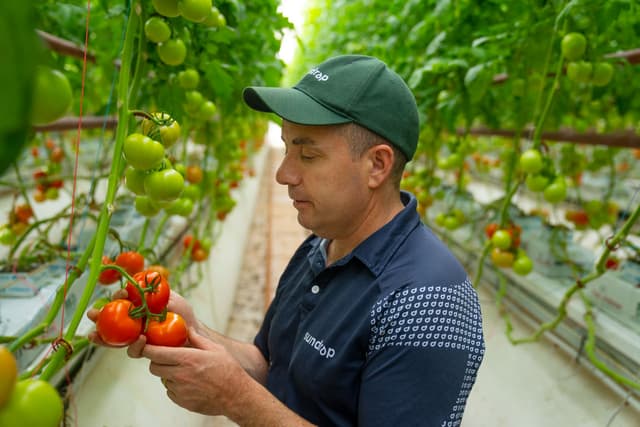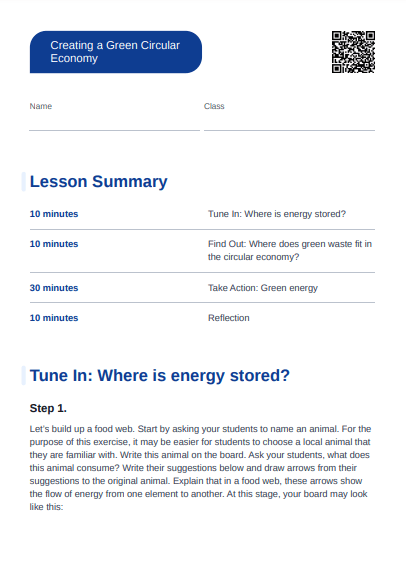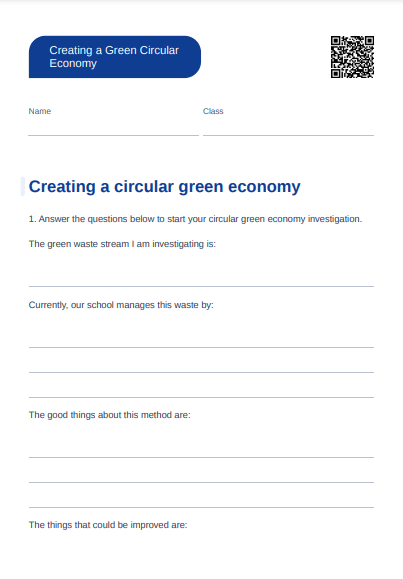Learning intentions:
Students will...
- explore the food webs in green waste ecosystems and discover the matter and energy flow in these mini-ecosystems.
Success criteria:
Students can...
- identify energy and matter flow in an ecosystem
- predict the impacts of changing biotic and abiotic factors in a specific ecosystem.


